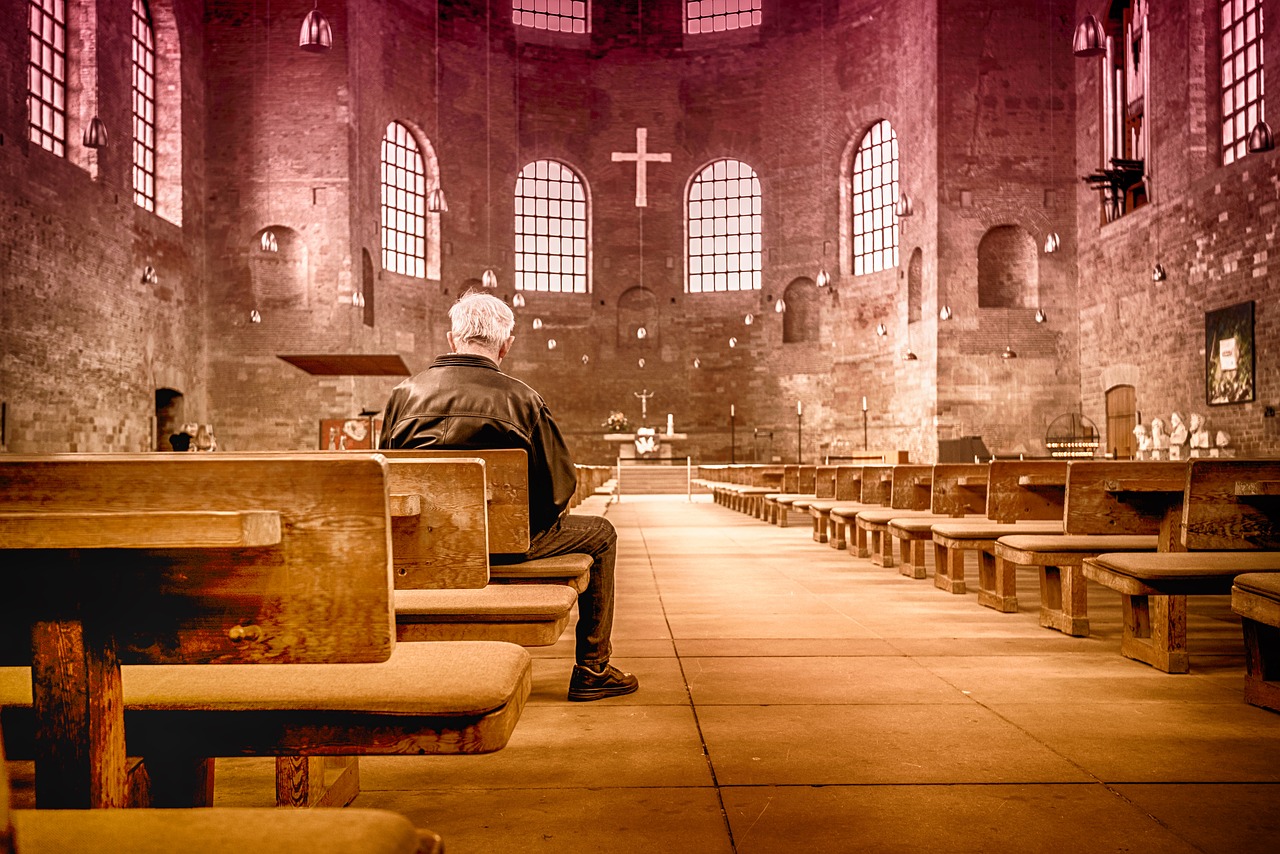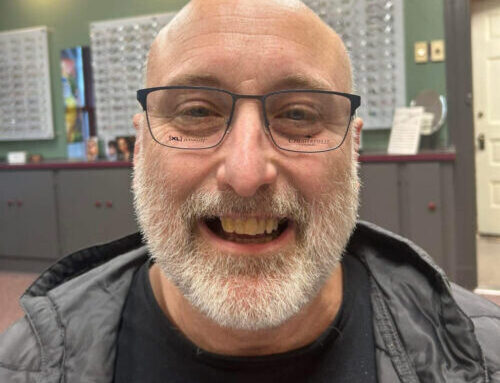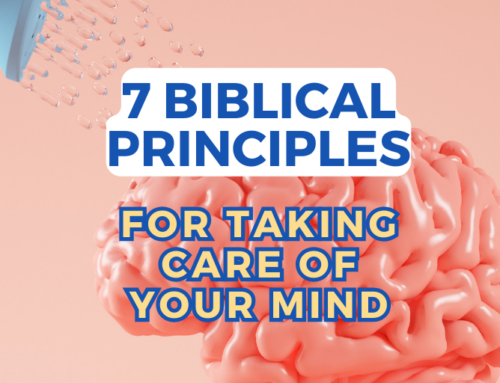I was first diagnosed with a mental illness in 1991. I told only my wife and one trusted friend. Four years later I had a manic/psychotic episode that essentially made it necessary for me to tell the members of the congregation I was serving.
By God’s grace, they responded with amazing love and tremendous support. I was given unlimited paid leave and told I could resume my work whenever I was ready. Women provided meals and childcare so my wife could visit me. An offering was taken to pay off the gigantic cost of health care.
On the flip side, both my therapist and psychiatrist respected my faith and the role it played to promote healing in my life. They appreciated that I did not use my faith as an excuse to refuse medical treatment. They saw the two working hand-in-hand to guide me towards well-being.
Certainly, there were exceptions to this caring response. Another pastor in town questioned my ability to lead and tried to recruit members our congregation to his church. Many people within our church treated me with kid gloves, fearful they might tip me over the edge toward another “nervous breakdown.” But on the whole, it was a beautiful, fruitful time. We grew in numbers and a unified spirit.
Having established some balance, I accepted a call to a church in the Finger Lakes of New York. I asked my supervisor if I should disclose my diagnosis. His response was one of the wisest I have ever received. “Tell… {naming three leaders who worked in the mental health field,} ask them to monitor your health. You then can disclose at spiritual discretion, when empathy is called for.”
I served over eight years in the church and we were blessed beyond measure. I remained in outpatient care with two excellent providers who, though they did not share my faith, valued its importance. My therapist was a Buddhist who had at one point in his life, been steeped in the Scriptures. He never once tried to convert me. Instead, he affirmed who I was and what I believed.
Sure of my growth as a pastor and balance in my psychological state, when a church on Long Island called, I was quick to accept. I hit the ground running and never stopped running until I bottomed out and attempted suicide. My spiritual foundation had eroded. I had solid no psychological footing. I either chose or was told to keep my illness a secret and I did. So, I overloaded my wife with the burden of massive anxiety and our relationship wouldn’t hold. Though we remained married for another seven years, we lost our godly bond the day I tried to overdose.
It’s been nearly ten years since I was admitted to Columbia-Presbyterian (NY) and the responses I have received from folks in the mental health world and those in the faith community have been quite varied. No longer in pastoral ministry, I now consider it my mission to bridge the gap been faith and mental illness. At times, this message is well received. Other times not. Like:
1 The time an elder from my church heard my story and took me aside to say, “You don’t really believe you need to take medicine, do you?
2. The time a therapist cringed each time I mentioned faith. I asked him why and he said, “Religion is often cognitive rigidity that inhibits psychological growth.
3. The time a preacher tried to convince me that the psychedelic drugs I took for two years in college created a dependency on drugs, so my mental illness was God’s punishment on my sin.
4. The time in the hospital I chose as my meditation mantra, “Jesus Christ, Son of God, have mercy on me, a sinner.” The therapist told me to chose another one that was more positive.
All of these responses to my fractured faith and troubled mind are a blessing compared to the silent shunning I often meet.
To those of you with mental illnesses: What responses have you gotten that have uplifted you or cast you down?
To those of you who care for someone with a mental illness: How can you/have you best responded?








